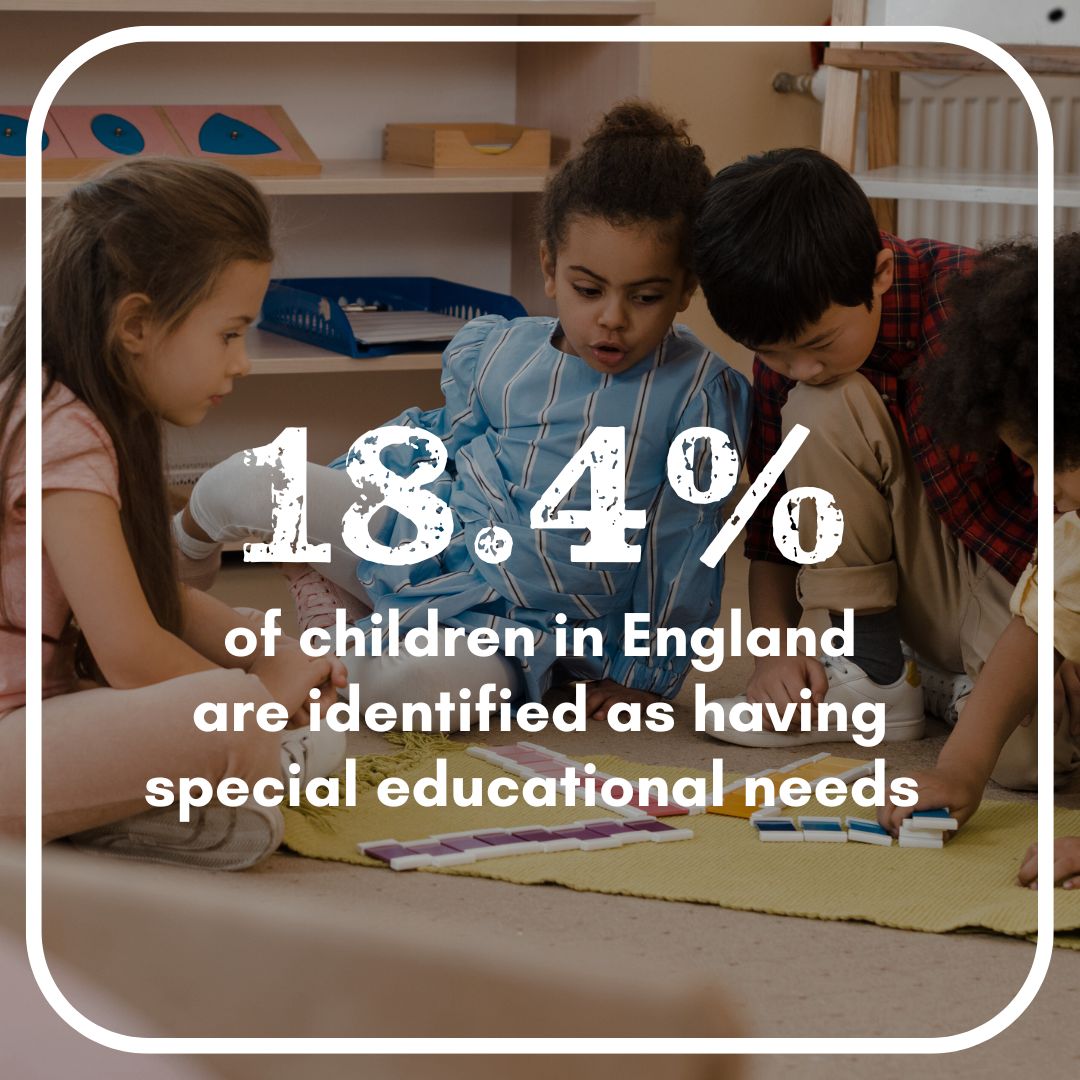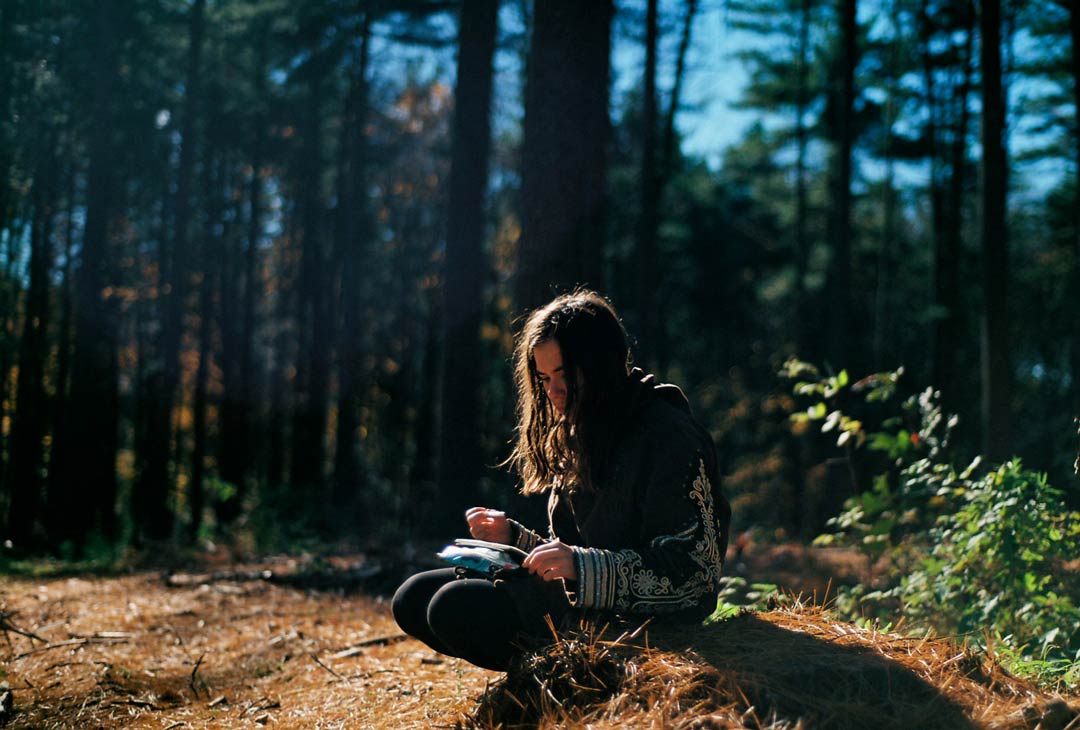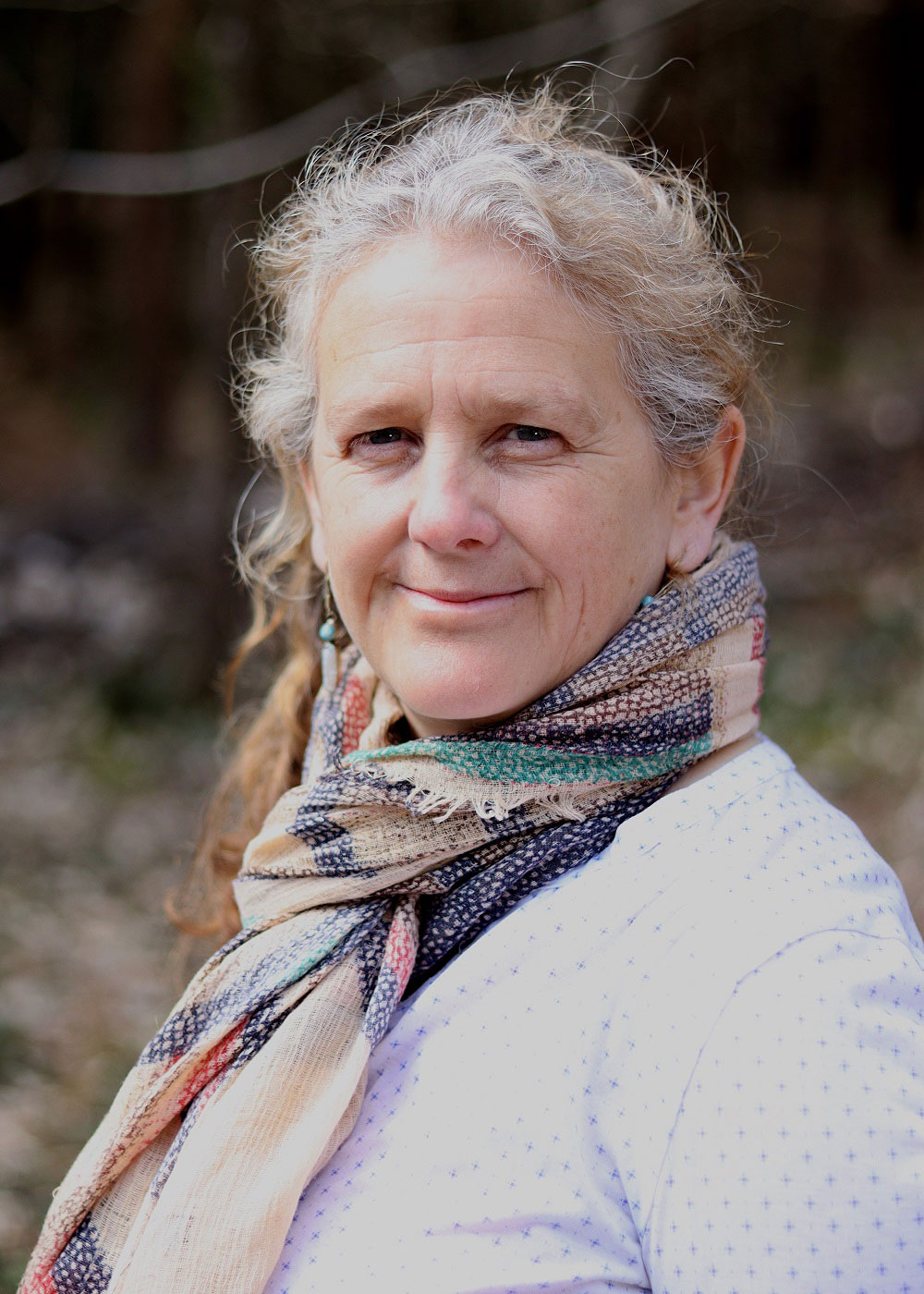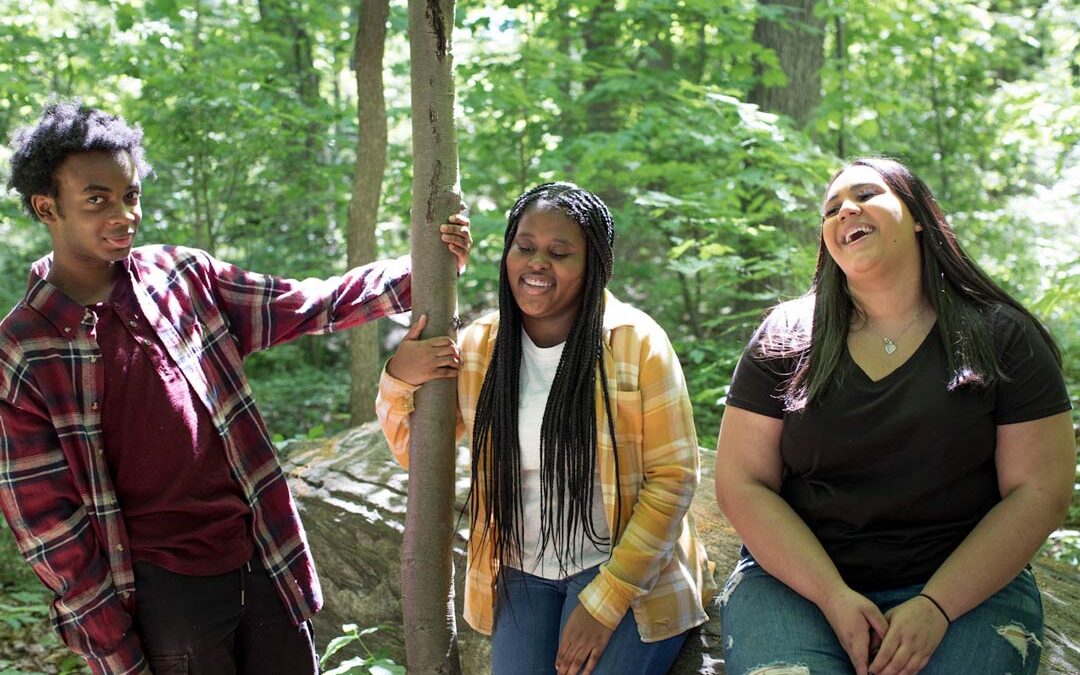Exploring the Outdoors for SEND and SEMH Learning
In a world where every child deserves the opportunity to thrive, the role of educators and the outdoors can offer a transformative force for equality, growth, and hope.
Yet, for children with Special Educational Needs and Disabilities (SEND), and those with Social, Emotional, and Mental Health (SEMH) challenges, this journey often faces systemic barriers.
As educators, we stand at the intersection of change, capable of reshaping futures by challenging norms, embracing diversity, and fostering environments that honour individuality.
This blog dives into the heart of vocational and SEND learning, weaving together gratitude, equity, and a call to reimagine education as a holistic, joyful, and inclusive journey for all.


Understanding the Landscape: The State of SEND at the end of 2024 and beyond *
Recent data paints a sobering picture of the challenges facing SEND education:
- 18.4% of children in England are identified as having special educational needs, up from 17.3% in 2023.
- Over 1.67 million children now fall into this category, with a staggering 434,354 pupils holding an Education, Health, and Care Plan (EHCP)—an 11.6% increase.
- A significant rise in SEMH-related needs is particularly notable among girls, with a 23.5% increase in EHCPs listing SEMH as the primary need.
This surge underscores the growing demand for trauma-informed, inclusive, and flexible educational approaches.
Unlocking Potential Beyond the Classroom
For many children, traditional academic routes can feel restrictive or irrelevant. Vocational learning, especially when combined with outdoor experiences, offers an alternative where education aligns with individual strengths, interests, and real-world applications. Learning in nature provides a powerful platform for engagement, growth, and connection, making it particularly impactful for children with SEND and SEMH challenges.
*Statistics source: www.specialneedsjungle.com

Key Benefits of Vocational and Outdoor Learning
1. Hands-On Engagement:
Practical, nature-based activities like crafting, foraging, or creativity allow students to engage with their environment while seeing tangible outcomes. Tasks such as building a birdhouse or planting herbs foster creativity and a sense of accomplishment.
2. Building Confidence:
Outdoor learning builds resilience and self-esteem. Success in practical tasks, such as lighting a fire or constructing a shelter, often leads to a deeper sense of purpose and achievement.
3. Holistic Development:
Programs that seamlessly integrate core subjects, like Maths and English, into vocational tasks make education accessible and meaningful. For example, measuring materials for woodwork or calculating cooking times during outdoor cooking sessions bring academic learning to life.
Trauma-Informed Approaches
For children impacted by trauma, safety is not one-size-fits-all. While some find solace in structured routines, others need the freedom to explore and create. The natural world offers powerful tools for regulation, such as:
- Watching water flow or sand slip through fingers, slowing time and easing anxiety.
- Activities that foster rhythmic movement, encouraging calmness and focus.
Educators can also adopt the Power Threat Meaning Framework, shifting the narrative from “What’s wrong with this child?” to “What has this child experienced, and how can we help?”
As we navigate the complexities of SEND and experiential-based education, let us remember:
- Education is about relationships, routines, and respect before academic outcomes.
- Joy and curiosity must be central to the learning experience.
- Advocacy for systemic change is essential, but so is kindness toward ourselves and our efforts.
Let’s work together to create a system that values every child for who they are, not who we expect them to be.
Join the Conversation
What are your experiences with vocational or SEND learning? Share your insights and ideas in the comments, and let’s build a community committed to equity, empathy, and empowerment.
Explore Our Courses: ITC Level 3 Certificate for Forest School Leaders
Explore Our Courses: Certificate in Nature-based Practice
Explore Our Courses: An Introduction to Ecotherapy: Nature’s Path to Wellbeing
An Introduction to Ecotherapy: Nature’s Path to Wellbeing
An Introduction to Ecotherapy: Nature’s Path to Wellbeing
FREE PDF DOWNLOAD: Forest School Training 101
FREE PDF DOWNLOAD: 5 Top Reasons the outdoors helps improve outcomes for children who display challenging behaviour
Read More: Find out more about our funded work with Sussex CAMHS
Catch up on Marina’s Podcast: The Wild Minds Podcast to stay up to date with discussions around the intersection between education and the outdoors

About The Author
Marina Robb, Circle of Life Rediscovery CIC Director and FSA Endorsed Forest School Trainer.
Marina has been working in the field of education and eco-therapy for over 25 years and has pioneers’ nature-based practice within the National Health System.
Marina is a qualified teacher (PGCE) and since 1989 has studied Environmental Education (MA), Environmental Management (BSc) and Social Research (MSc). She also holds an Advanced Training Certificate: Ecotherapy, Nature Connection Practices that Heal with Pacifica Graduate Institute.

